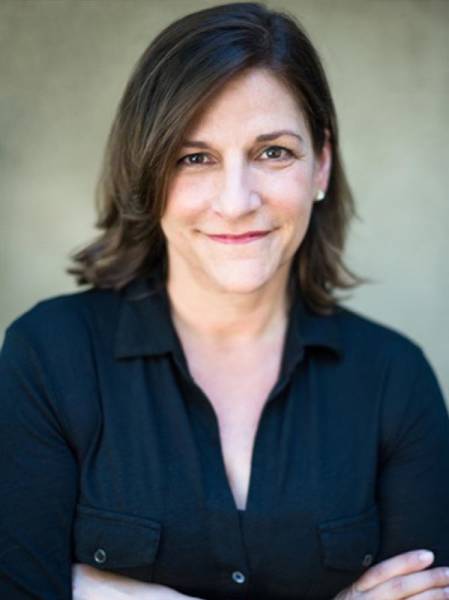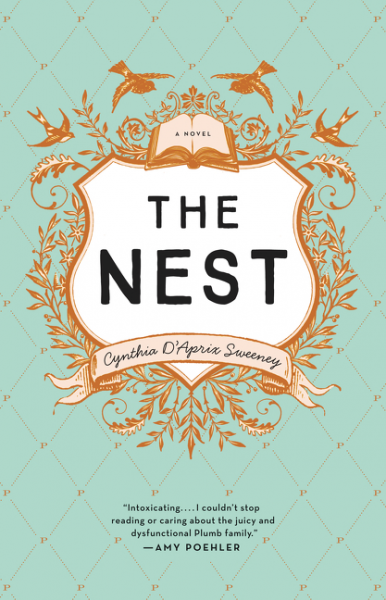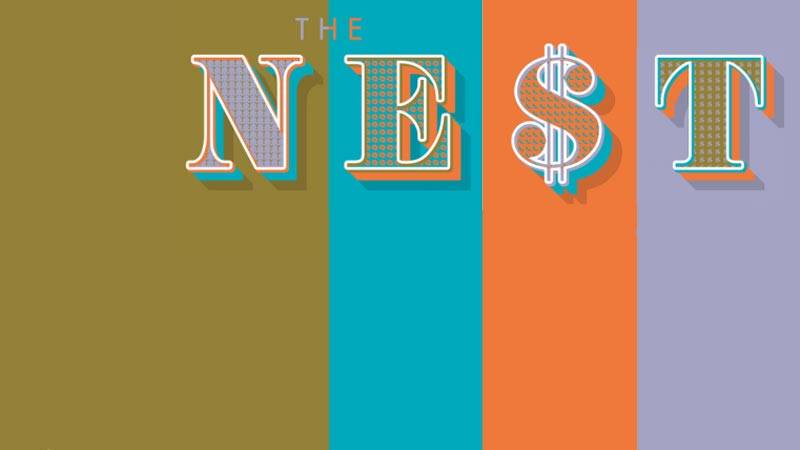It wasn’t long ago that an author receiving a six-figure book advance was newsworthy. These days, it’s hardly worth mentioning. Publishers have moved onto the seven-figure advance. Not only are celebrities benefiting from this trend — Amy Schumer just received a rumored $8 million for a book of essays — so are many first-time novelists. It’s becoming common to hear about a writer getting at least a million dollars for a debut.
Cynthia D’Aprix Sweeney is one of those writers. Ecco bought her first novel, The Nest, for seven figures. It’s fitting, then, that The Nest is about money — the plot revolves around four siblings squabbling over a dwindling inheritance. Signs of the publisher’s investment are all over the book, including a blurb by Amy Poehler. More famous actors and authors talk about having siblings in The Nest book trailer.

I have mixed feelings about seven-figure book advances. On one hand, I’m all for writers making money, since they usually work for low pay. And Sweeney is the type of writer I like to see get a big advance. She isn’t a celebrity, for one thing. She’s a 50-something marketing copywriter from L.A. who wrote a novel in her spare time. The excitement seems based on the quality of the book alone, which is the ideal.
But aside from the fact that this chunk of money could have funded many other first novels in addition to The Nest, it’s a lot of pressure to take a seven-figure advance. Novels frequently flop, especially debuts. If a writer can’t make back her advance, it can affect the rest of her career. For the reader, it can be difficult to approach a book like The Nest without wondering what the fuss is about. It’s hard to separate the work from the price tag.
That said, I can see why publishers were fighting over The Nest. It’s an engaging book that sucks you in the further you go. The four Plumb siblings could have come straight out of the TV show Arrested Development. There’s charismatic Leo, who causes a car wreck that eats up the family’s joint trust fund. Then there’s nervous Melody, stuffy gay brother Jack, and Beatrice, a stalled writer who once had a promising literary career. The Plumbs are a fractured family circling around the selfish, distant Leo. “Who was Bea with Leo and who might she be without him?” Beatrice’s boss, Paul, wonders at one point. “Who might he be without Leo in the picture? Who might they be together?”

Sweeney has a knack for characters. She’s able to convincingly inhabit different types of people, whether it’s a lesbian teen discovering her sexuality or a spoiled white man preoccupied with financial worries or a veteran who lost an arm in a war. She’s also a funny writer. The Nest humorously skewers the wealthy worlds of Manhattan and Brooklyn, which sometimes feel similar to the Bay Area. Women walking by with Yoga mats react to Leo’s cigarette by waving their arms as if the smoke “was a swarm of stinging wasps.” Jack regrets that he didn’t purchase Brooklyn real estate when it was affordable. “Another lost opportunity, Jack thought. Well, that was the story these days if you were a longtime New Yorker and hadn’t jumped on the real estate carousel at the right time.” When one of the teenage Plumbs won’t let a boy in the museum draw in her sketchbook, the mother’s passive-aggressive response feels like something that could happen in Berkeley. “How come she won’t share?” the little boy whined. “I don’t know honey,” his mother said. “Not everyone is a good sharer like you.”


